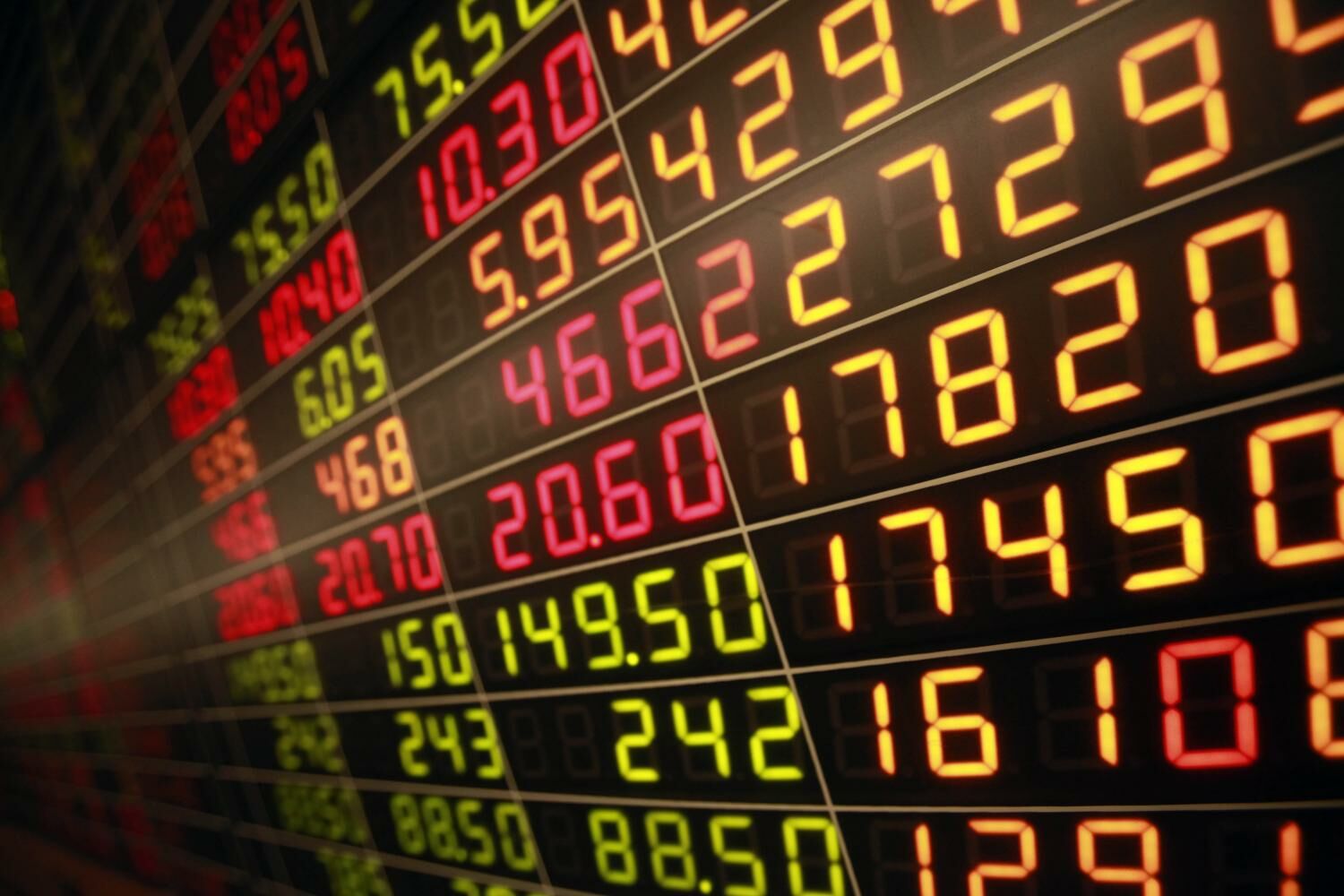Thai stocks shed by foreign investors amidst delayed US rate cuts

The Stock Exchange of Thailand (SET) reported that foreign investors offloaded Thai stocks to the tune of 68.9 billion baht (US$ 2 billion) in the first quarter, with 41.2 billion sold in March alone. This trend is linked to the delayed US interest rate cuts, weaker financial performance of Thai companies compared to those on other exchanges, and overall economic conditions.
Senior Executive Vice-President Soraphol Tulayasathien highlighted that foreign investors returned to net selling in March after buying US$82 million in February. This was largely due to the weakening baht, which caused investors to postpone their Thai stock investments, said Soraphol.
“There are markets in Asia experiencing net inflows, such as India with its high economic growth. South Korea and Taiwan are benefitting from increased domestic consumption as the technology sector rallies. Other countries are seeing fund flows similar to the Thai stock market.”
SET President Pakorn Peetathawatchai noted that foreign investors’ interest in the stock market is influenced by several factors, including the overall economic condition of the country and the profitability of listed companies in comparison with other stock markets. He expressed optimism for the second half of the year when the government budget disbursement is expected to boost the economy and stimulate domestic consumption.
“With the market being more volatile this year compared to the last, investors should consider monetary policies of other countries as they may not align with last year.”
Pakorn added that domestic factors also affect market sentiment, and thus investors should analyse all information before making investment decisions.
Addressing the issue of listed companies postponing payment of corporate bonds, Pakorn acknowledged that this could impact the stock market. However, he emphasised that individual factors were mostly to blame for this situation. He mentioned that the SET is collaborating with the Thai Bond Market Association to monitor the financial health of listed companies and their ability to meet financial obligations.
Thai stock
Soraphol stressed that although global economic growth is slowing, a recession has yet to kick in. He pointed out that the Federal Reserve is still anticipating rate cuts but concerns are growing that this could be delayed due to the baht’s persisting downside bias. He also noted that offshore fund outflows from the equity market are likely to continue but small to mid-cap stocks are increasingly attracting investors, reported Bangkok Post.
In March, the SET index increased by 0.5% from the previous month to close at 1,377.94 points, mirroring regional peers. However, it fell by 2.7% from the end of 2023. The daily trading value of the SET and the Market for Alternative Investment also witnessed a 30% decline from the previous year to 42.7 billion baht (US$ 1.2 billion).
Latest Thailand News
Follow The Thaiger on Google News:


























